T4K3.news
Judge halts Kilmar Ábrego García deportation in Maryland
A court temporarily blocks removal as his asylum case proceeds and a hearing awaits.
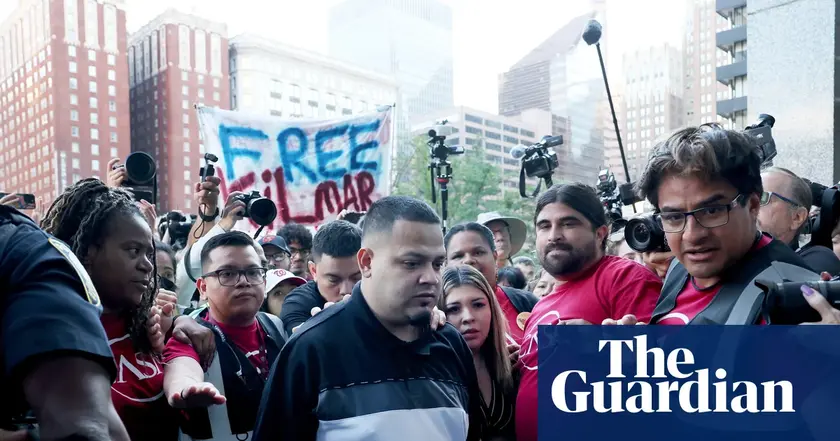
A Maryland man detained after reporting to ICE in Baltimore gains a temporary reprieve from deportation as his case proceeds.
Judge halts Kilmar Ábrego García deportation in Maryland
Kilmar Ábrego García was detained after reporting to ICE agents in Baltimore on Monday. A US district judge, Paula Xinis, issued a temporary halt to his removal while an evidentiary hearing is scheduled for Friday. Ábrego García, who entered the United States as a teenager, faced possible deportation to Uganda after a separate suit, and his lawyers say the detention is meant to punish him for exercising his rights. He was released from criminal custody in Tennessee three days earlier. "The only reason he was taken into detention was to punish him," said attorney Simon Sandoval-Moshenberg, reflecting the defense view of the case.
Advocates and faith leaders gathered outside the ICE field office to demand due process and humane treatment. The Costa Rican government has discussed refugee status for him if sent there, and a 2019 court decision found he cannot be deported to El Salvador. The episode comes amid broader concerns about mass deportations and the use of deportation threats in plea negotiations. Supporters chanted phrases such as Sí, se puede as they rallied for his release.
Key Takeaways
"The only reason he was taken into detention was to punish him."
attorney statement about detention
"To punish him for exercising his constitutional rights."
attorney statement about legal rights
"Laws have to be rooted in love, because love does not harm us."
a faith leader outside the Baltimore ICE field office
"Sí, se puede"
chant by supporters outside the office
Legal observers say the ruling tests the boundary between enforcing immigration policy and protecting due process. The temporary halt gives Ábrego García time to pursue his asylum claims and challenge the government approach, while drawing attention to alleged coercive tactics in deportation cases. The confrontation underscores how local court decisions can have national resonance in a polarized policy arena.
The case also highlights the unsettled terrain of international asylum options. If sent to Uganda or debated about arrangements with Costa Rica, the outcome depends on cross border agreements and the willingness of third countries to accept him. The debate illustrates a broader tension in immigration governance: how to balance humanitarian concerns with enforcement priorities in a political climate that often frames migrants as policy choices rather than people. The next hearing will be critical in shaping whether due process has room to operate in these high stakes cases.
Highlights
- Laws have to be rooted in love, because love does not harm us.
- The only reason he was taken into detention was to punish him.
- To punish him for exercising his constitutional rights.
- Sí, se puede
Political sensitivity around deportation case triggers risk
The case intersects with immigration policy, international diplomacy, and public reaction. It could become a flashpoint in political debates about enforcement, due process, and refugee decisions.
The outcome will test how courts navigate rights and policy in a contentious era.
Enjoyed this? Let your friends know!
Related News
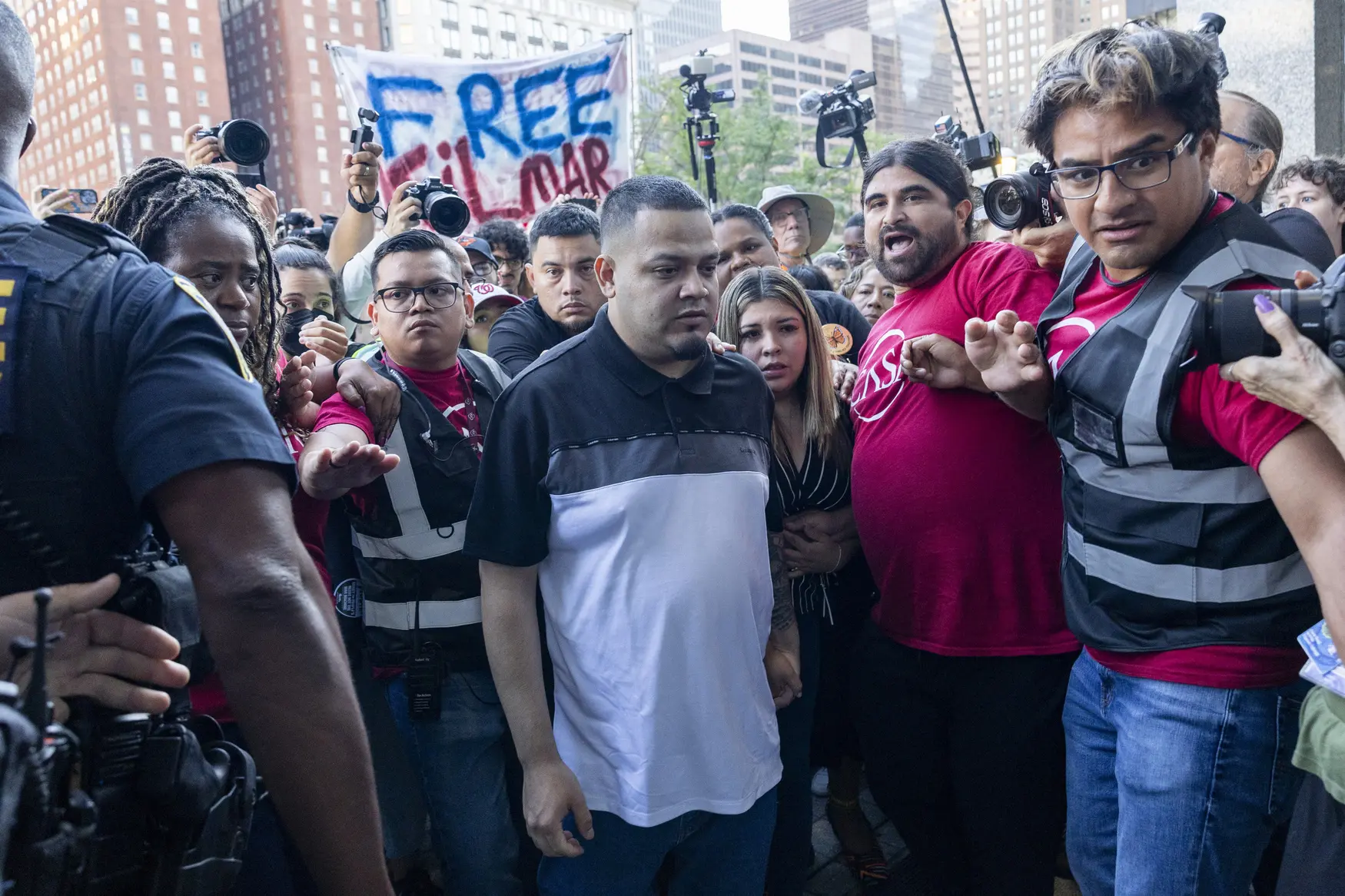
Judge blocks Kilmar Abrego Garcia deportation
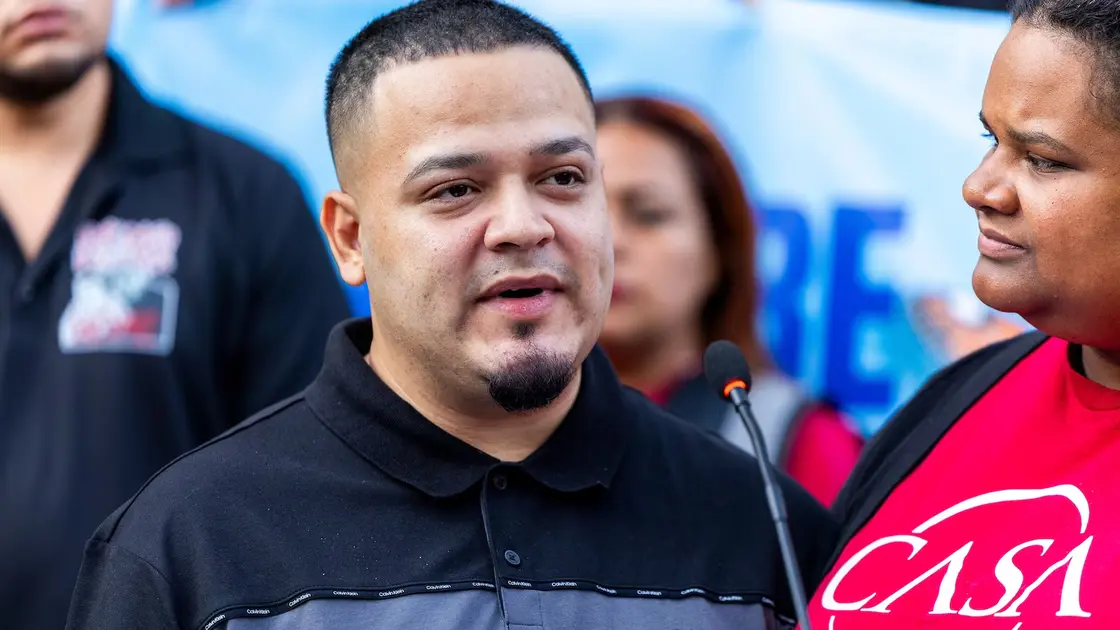
Court Asked to Halt Inflammatory Comments

Deportation to Uganda Tests Due Process in Maryland Case
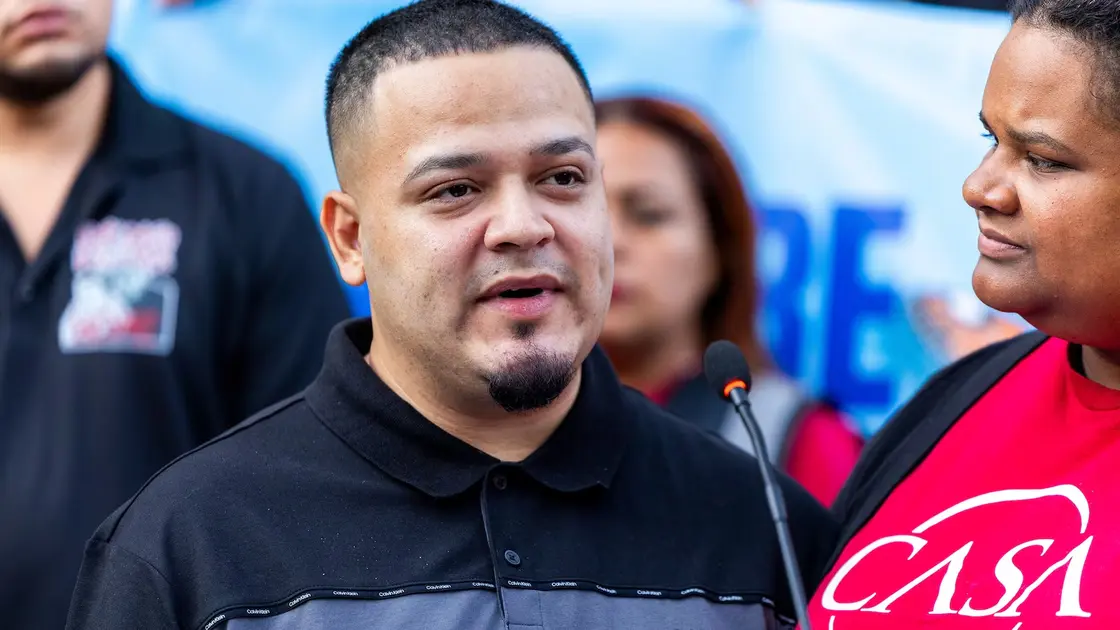
Judge bars deportation until October
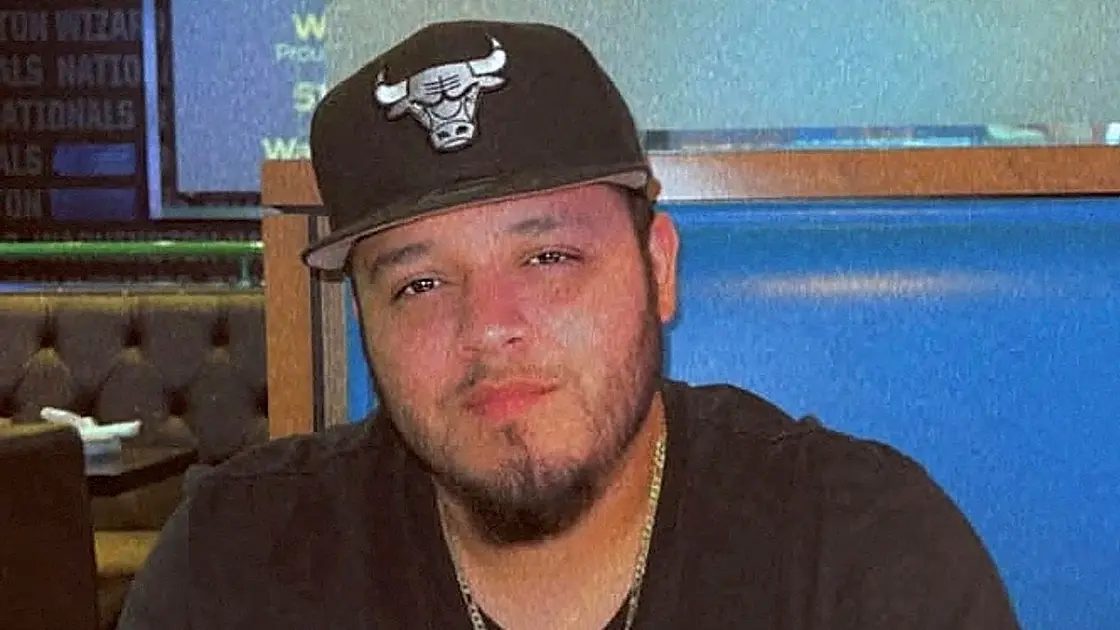
Judge blocks ICE from detaining Kilmar Abrego Garcia
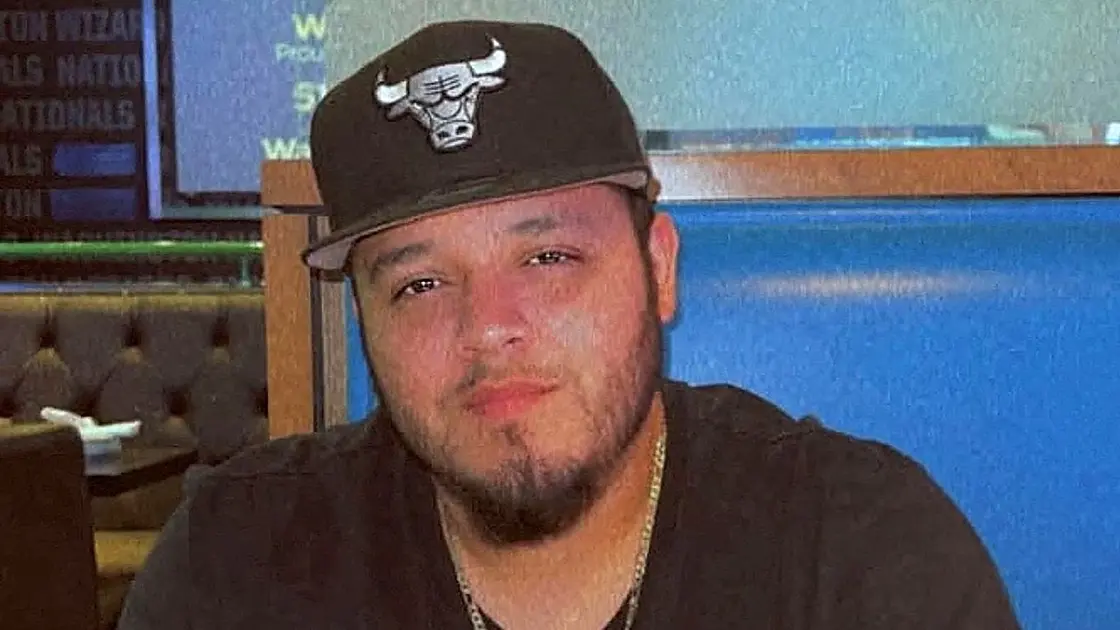
Kilmar Abrego Garcia released from custody

Wrongful Deportation Case Ends with Release in Tennessee
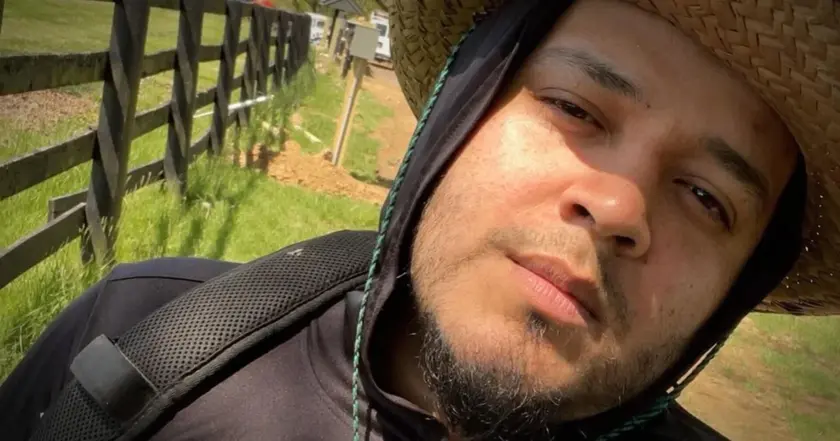
Kilmar Abrego Garcia asks for dismissal
